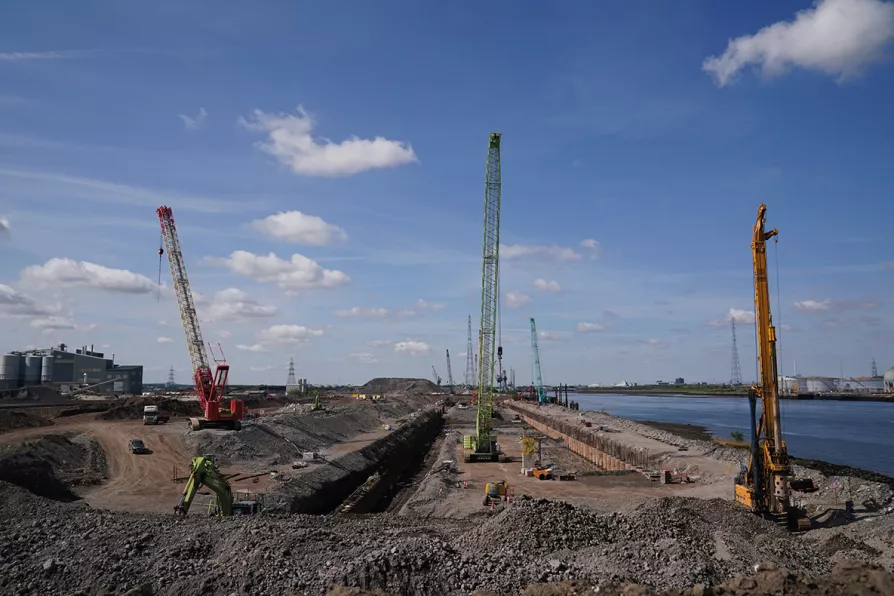In reopening relations with China, the PM showed an uncharacteristic grasp of power, proportion and Britain’s diminished place in the world – a lesson many in Westminster still refuse to learn, says ANDREW MURRAY

 A view of the construction site of Teeside Freeport
A view of the construction site of Teeside Freeport
IN the 1980s, it was Coal not Dole — today it’s Enough is Enough. The story of managed decline experienced by working-class communities in Wales hardly needs retelling.
Since Thatcherism wove this fabric of decline into our communities, the term regeneration has cast a very large shadow over Welsh life.
It has by now become part of everyday speech among policy-makers, local councillors, trade unions and social activists, filling pages in newspapers and mouths in conversations.
![Majority members out campaigning in Newcastle [Pic: Majority]]( https://msd11.gn.apc.org/sites/default/files/styles/low_resolution/public/2025-07/20majority.jpg.webp?itok=oAYoJu53)
JAMIE DRISCOLL explains how his group, Majority, plans to empower working people to empower themselves

Ben Chacko talks to ALAN MARDGHUM of the Durham Miners Association about Reform UK‘s dangerous inroads into Durham’s long-standing Labour county council; why he cancelled his party membership; and the political class’s disconnect from working people












